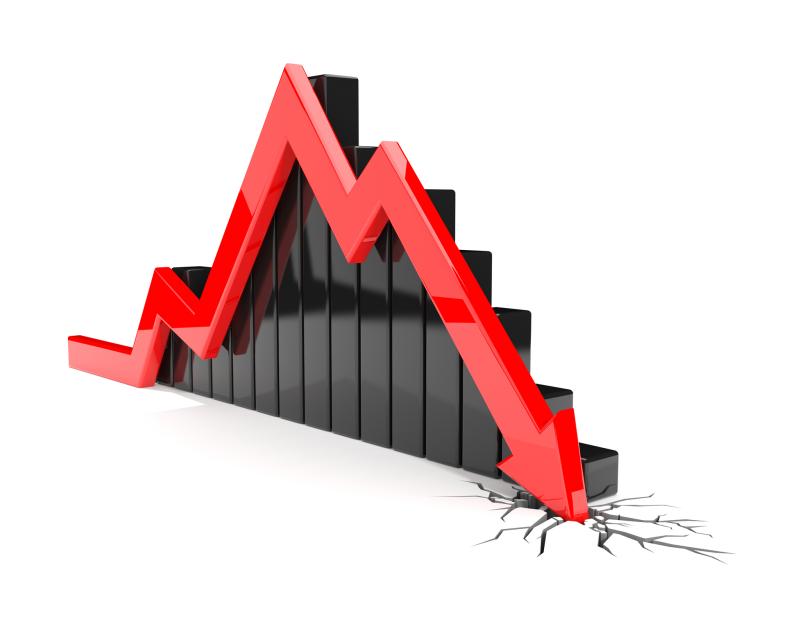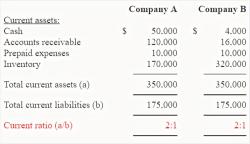Why is the stock market so low?
The level of the stock market is influenced by a complex interplay of various factors, and its performance can be influenced by economic, financial, geopolitical, and market-specific variables. Here are some common reasons why the stock market might be low:
Economic Conditions:
- Economic Slowdown: A general economic slowdown or recession can lead to reduced corporate profits and lower investor confidence, causing a decline in stock prices.
- Unemployment: High levels of unemployment or concerns about job stability can negatively impact consumer spending and corporate earnings.
Global Events:
- Geopolitical Tensions: Political instability, trade tensions, or conflicts between countries can create uncertainty in the markets and lead to a decline in stock prices.
- Pandemics: Health crises, such as the COVID-19 pandemic, can have a significant impact on global economic activity and stock markets.
Interest Rates:
- Rising Interest Rates: Higher interest rates can make borrowing more expensive for businesses and consumers, potentially slowing economic growth and affecting stock prices negatively.
Corporate Earnings:
- Earnings Reports: If companies report lower-than-expected earnings or issue negative guidance, it can lead to a decrease in stock prices.
Market Sentiment:
- Investor Sentiment: Negative sentiment among investors, driven by fear, uncertainty, or pessimism, can lead to selling pressure and lower stock prices.
- Market Psychology: Investor psychology and behavior play a significant role in market movements. Panic selling or irrational exuberance can lead to market volatility.
Inflation and Deflation:
- Inflation Concerns: Fears of high inflation can lead to concerns about reduced purchasing power, impacting consumer spending and corporate profits.
- Deflationary Pressures: On the other hand, deflationary pressures can also be a concern, as they may indicate weak demand and economic contraction.
Market Valuations:
- Overvaluation: If the stock market is perceived as overvalued, investors may become hesitant, and a correction may occur as valuations revert to more reasonable levels.
Credit Market Conditions:
- Credit Crunch: Tightening credit conditions or a credit market crisis can have a negative impact on businesses, leading to lower stock prices.
Government Policies:
- Monetary Policy: Central bank policies, such as changes in interest rates or quantitative easing, can influence market conditions.
- Fiscal Policy: Government fiscal policies, including taxation and spending decisions, can also impact economic and market conditions.
Technological Factors:
- Technological Disruptions: Rapid technological changes or disruptions can impact certain industries and companies, affecting stock prices.
It's important to note that the stock market is inherently volatile, and fluctuations are a normal part of its functioning. Market movements are influenced by a combination of short-term and long-term factors. Investors should consider a diversified and long-term investment approach, and it's advisable to stay informed about economic indicators, company fundamentals, and global events that may impact the market.
What factors contribute to the current downturn in the stock market?
The current downturn in the stock market, which began in early 2023, can be attributed to a combination of factors, both economic and psychological:
Economic factors:
- Rising interest rates: The Federal Reserve has been raising interest rates since March 2022 to combat inflation. This has made it more expensive for businesses to borrow money, which can slow down economic growth and hurt corporate profits.
- High inflation: Inflation reached a 40-year high in the United States in June 2023. This has eroded consumer purchasing power and led to decreased spending, which can also hurt businesses.
- Geopolitical uncertainty: The ongoing war in Ukraine and the possibility of other geopolitical events, like the potential conflict between China and Taiwan, have created uncertainty in the global economy and made investors nervous.
- Supply chain disruptions: Ongoing supply chain disruptions, caused by factors such as the war in Ukraine and the pandemic, have led to shortages of goods and increased costs for businesses.
- Recession fears: As the economy slows down, there is growing concern that a recession is coming. This has led investors to sell their stocks and move to safer investments, such as bonds.
Psychological factors:
- Investor sentiment: Investor sentiment has been negative throughout 2023. This is due to the economic factors mentioned above, as well as the overall uncertainty in the global market.
- Fear of missing out (FOMO): When the stock market is rising, investors may feel pressure to buy stocks in order to not miss out on potential profits. However, when the market is falling, this fear can turn into fear of losing money, leading investors to sell their stocks and move to safer investments.
- Herding: Investors often follow the behavior of other investors. When one investor starts to sell their stocks, others may follow suit, even if they don't have the same information or analysis.
It's important to note that these are just some of the factors that may be contributing to the current downturn in the stock market. The exact cause is complex and likely involves a combination of all of these factors, as well as other factors that are not yet fully understood.
It's also important to remember that the stock market is cyclical, and it will eventually recover from this downturn. However, it is impossible to predict when this will happen. In the meantime, investors should focus on their long-term goals and avoid making any impulsive decisions based on short-term market fluctuations.












